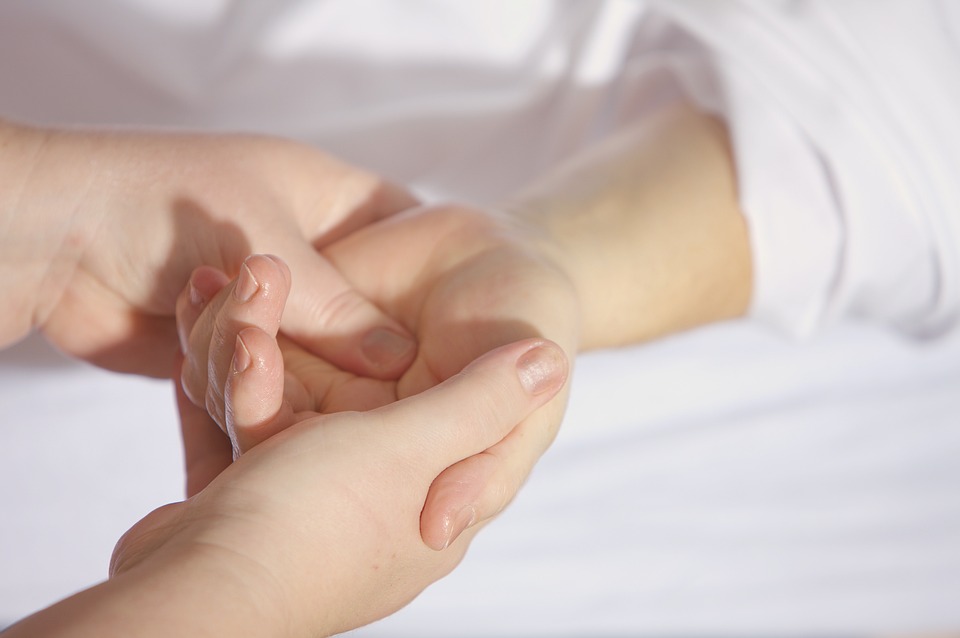Are You Using the Right of Plantar Wart Treatment Medication?
Plantar wart is one of the many kinds of warts. It generally grows on the feet but it also infects other parts of the body. Its external appearance resembles a hardy little cauliflower with little black dots clustered in the middle. It can be spread in gym communal showers, around public swimming pools, and by sharing shoes, socks, and clothing. Read on and learn more about some of the many effective types of medications for plantar wart treatment.
Treatment can come as over-the-counter medication meant for home use and self-medication. The most common types are salicylic acid or silver nitrate-based medications. These plantar wart treatment medications are readily available at your local pharmacy.
They come in two applications: The solution-coated adhesive tape variety, and the diluted solutions type. Most treatment packs include instructions for their use and application. To be sure, consult your doctor, or at least your pharmacist, for the correct application and dosage.
A Salicylic acid-treated adhesive pad is a popular wart treatment since it’s easy to use. Simply cut a short length of the adhesive tape and cover over your plantar warts. This should be applied regularly over some time. Be diligent and patient; this method may take over two weeks to a month, or even extend up to three months.
When changing your salicylic acid-coated adhesive tape, wash the affected area, and dab it dry before putting on a fresh length of tape. This ensures that your plantar wart does not have a moist environment to spread in.
Another type of plantar wart treatment medication is the diluted solution. You have two choices: The diluted solution of salicylic acid and silver-nitrate-based medication. Depending on the size, severity, and location of the wart, there are specific instructions for the application of these medications.
It’s best that you ask for advice from your doctor, or the local pharmacist, at the very least, on how to use these medications to their fullest effect. And remember that applying these medications requires a strict regimen that will require your diligence and patience. Wart treatment may take place over some time, anywhere from two to four weeks, even up to six months.
Another plantar wart treatment you look up is prescribed medication. There are three types: Imiquimod, Podophyllin, and Podofilox. This type of treatment requires a doctor’s prescription, which is a good thing because your doctor will be able to diagnose whether your infection will require a stringent and stronger medication or one that would be more appropriate.
One highly recommended medication for plantar wart treatment is Imiquimod. It is a medication that most doctors would prescribe to patients who are suffering from plantar warts, because of its known effectiveness against this type.
Imiquimod stimulates your body’s natural immune system to attack the plantar warts on your body. Podophyllin and Podofilox are two medications that are applied externally, as well. But unlike Like Imiquimod, care should be taken in using these two treatments, especially for pregnant women.
If you are pregnant or expecting pregnancy, you should avoid using either Podophyllin or Podofilox, at all. These three plantar wart treatment medications are applied on the warts and the skin surrounding them, and therefore, are absorbed into your skin.
Both Podophyllin and Podofilox can cause severe and irreparable birth defects in your unborn child. So stick to another wart treatment if you suspect you could be pregnant, or if you are on the family way.
When applying medication, it’s always best to follow the instructions. Exercise caution, and always, consult your pharmacist — or better yet, your doctor. Attempting these treatments without proper understanding of the instructions, or going against your doctor’s advice could only make your wart worse, or injure healthy skin and tissue along with your wart and leave permanent scarring.
Remember that plantar warts are very contagious and will easily spread on warm and moist surfaces. It is caused by a viral infection called the Human Papillomavirus (HPV) and is so contagious that the slightest contact is enough for it to spread. So be sure to stick to your plantar wart treatment so that you can get rid of your wart sooner and faster.
Source by Rashel Dan




